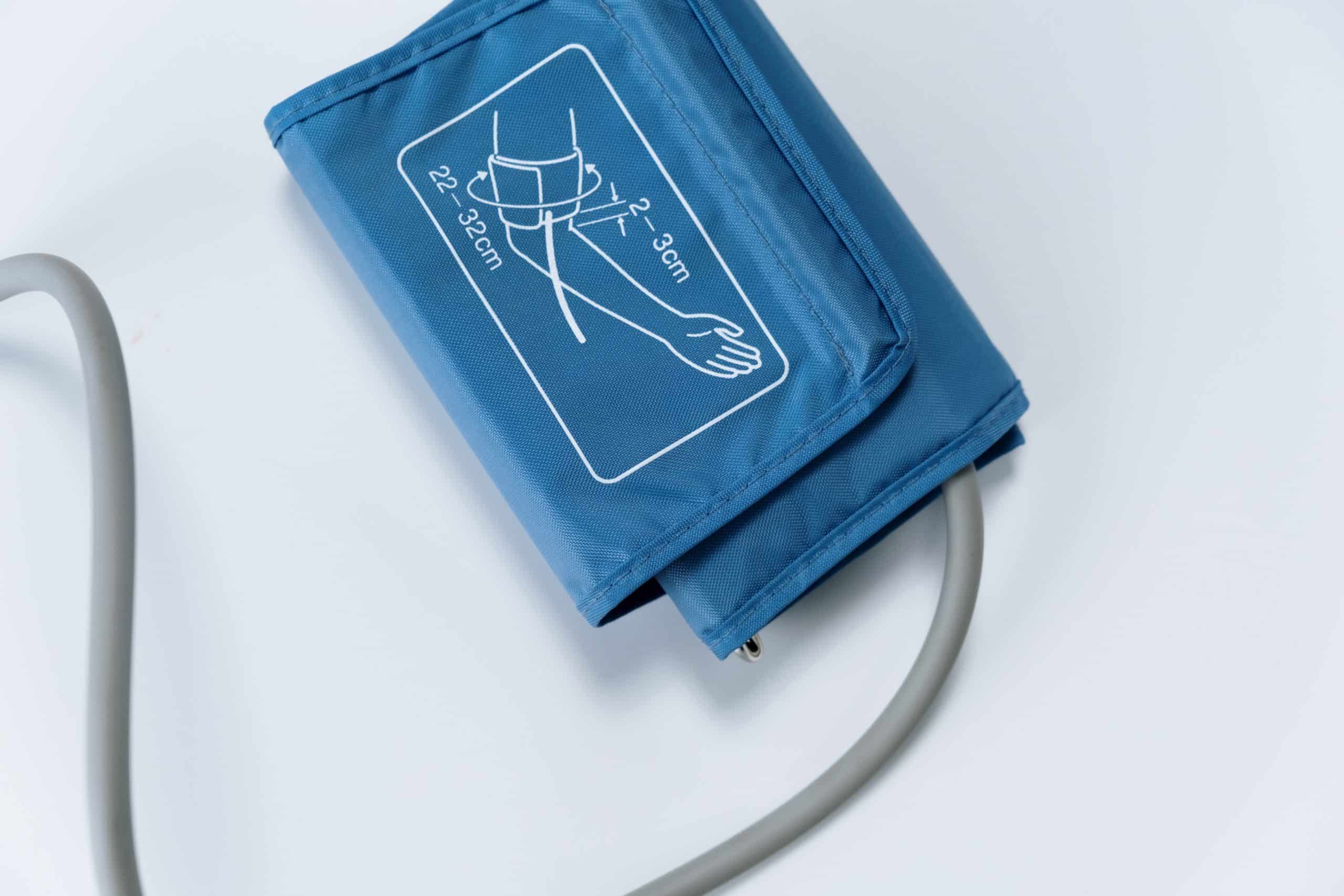Your mental health affects every aspect of your life, from your relationships, productivity, and self-esteem. But there’s a strong link between your mood, mental health, and your physical health, as well. There are many ways to keep your body, mind, and mood in optimal condition. Learning to manage stress effectively makes for productive days and a healthier mind.
How Stress Affects Your Brain
During times of stress, it’s not uncommon to feel forgetful or disorganized. When you’re under a lot of duress, your brain can begin to change how it processes information, which can affect your memory and other cognitive functions.
Your brain is made up of different parts that each performs various tasks. Research suggests that when one part of the brain is engaged, other parts may not have as much energy to perform their tasks as effectively as usual. This may explain why some experience forgetfulness or lapses in memory during extreme stress or trauma.
Chronic stress and anxiety can be extremely harmful to brain health. Persistently elevated levels of cortisol, a stress hormone, can physically change parts of your brain. These long-term changes can result in problems executing certain cognitive functions such as learning and recalling information, short term memory, word finding, and attention and focus.
How Stress Affects Your Mood
Not only does stress negatively alter your brain’s circuitry, but it can also lead to certain mood disturbances such as depression, anxiety, and mood swings. When you experience acute stress, your body releases hormones—including cortisol and norepinephrine—which impairs the function of the prefrontal cortex (home of higher-level thinking). When this happens, your reactive tendencies are heightened, and reflective tendencies are muted.
When you are stressed, you may experience emotional changes. These can include feeling anxious, fearful, angry, sad, or frustrated. If persistent, these feelings can manifest in physical symptoms that perpetuate the cycle. Along with the changes to mood, changes in behavior are also very common. Feeling withdrawn, indecisive, or aggressive can accompany chronic stress.
Improve Your Mood and Mind
There are three major types of stress: routine, sudden, and traumatic. Routine stress is related to the pressures of daily life. For example, meeting deadlines at work, caring for family members, and other daily responsibilities. Sudden stress is brought on by an unexpected negative change such as an illness, divorce or loss of employment. Finally, traumatic stress is experienced
The effects of stress can build up over time, which can, in turn, cause more stress. So, taking practical steps to manage your stress is an important first step. Here are a few ways to help reduce stress and improve your mental and physical health:
- Learn to recognize when you’re feeling stressed. Notice changes in thoughts or feelings, muscle tension, difficulty sleeping, etc. These are all signs that you may feel overwhelmed and need to take action.
- Exercise regularly. Routine physical activity—as little as 30 minutes a day—can help regulate stress hormones, boost energy, and improve your mood.
- Be mindful. Mindfulness in the form of meditation, prayer, deep breathing, or journaling can be practiced anywhere and are useful in managing stress.
- Don’t be afraid to get help. During times of stress, it can be helpful to talk it through with a close family member or friend. If you experience feelings of anxiety, depression or feel you can’t cope with stress talk to your doctor right away.
Everyone experiences stress. It’s a natural fact of life; however, learning to deal with stress healthily can make a dramatic difference in your mental and physical well-being.








